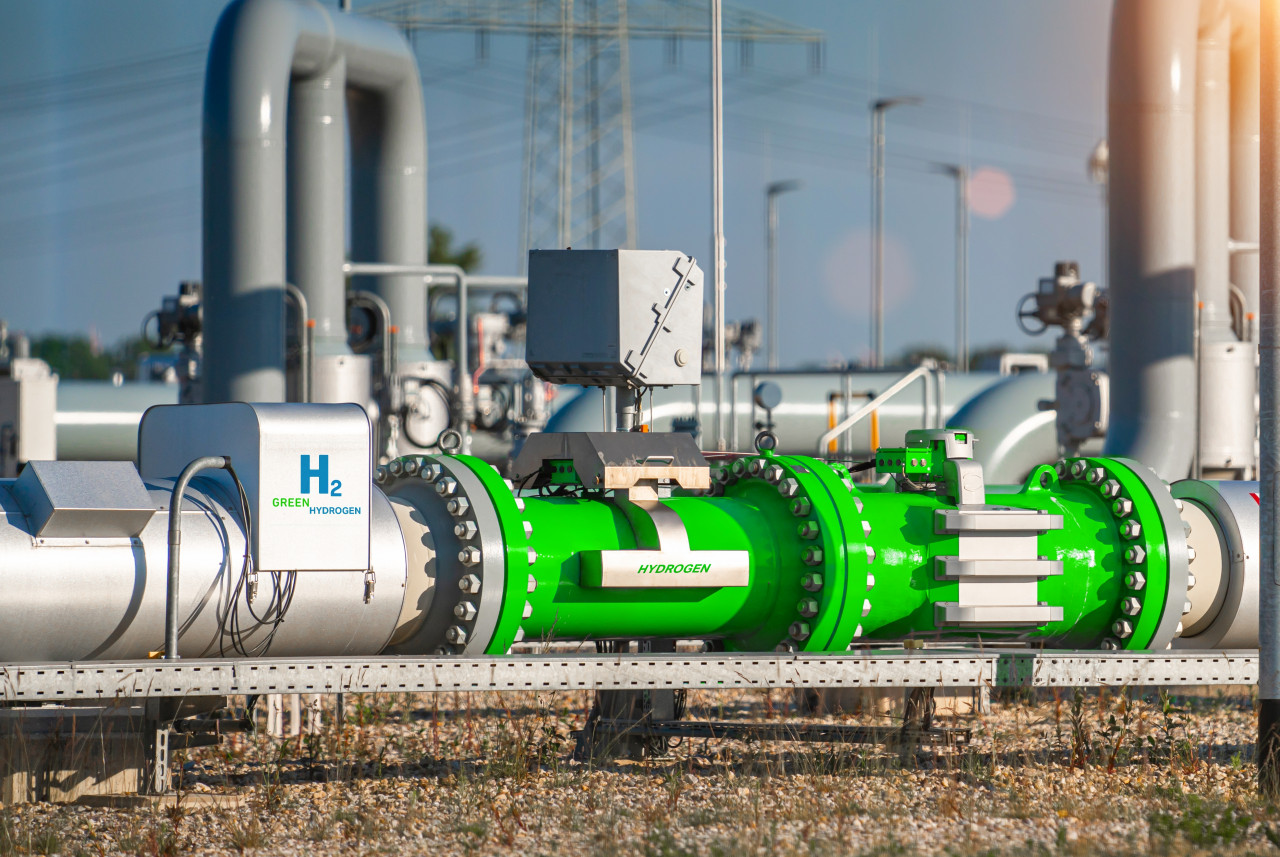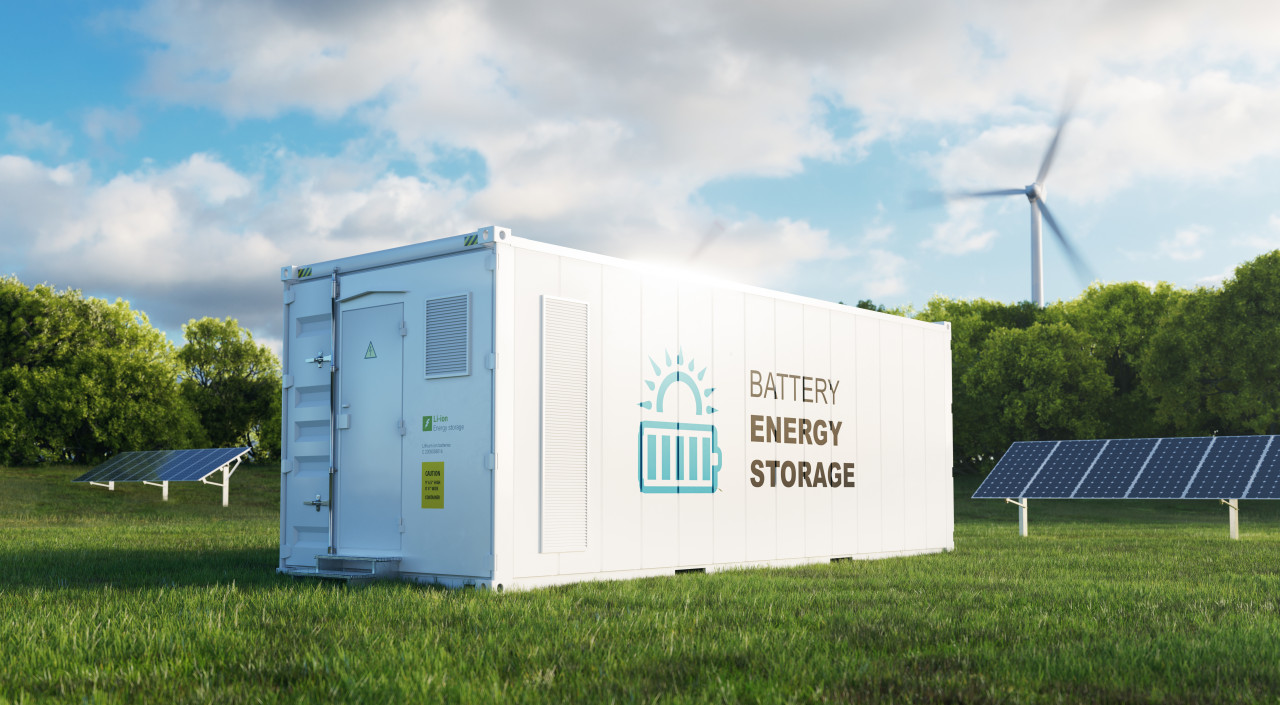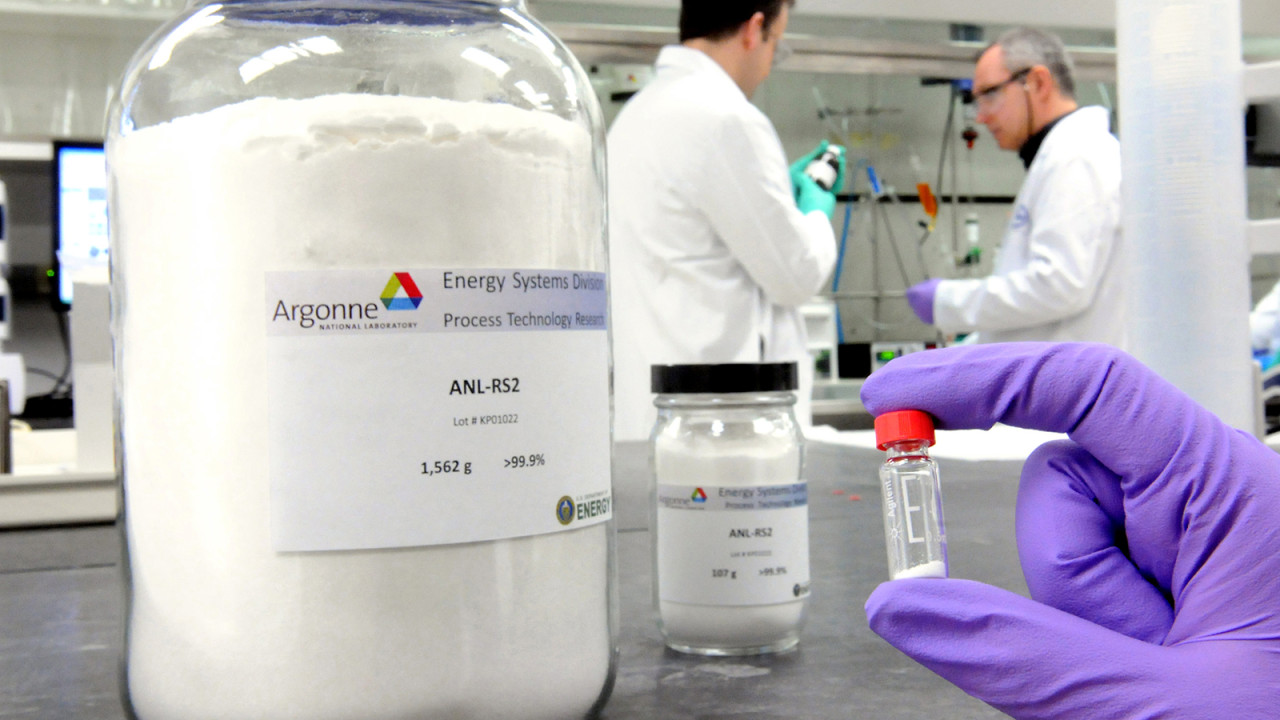Daily Shorts: Quebec getting $3 bn GH2 project, Tesla heads to new markets, and more
TES Canada H2 Inc plans to set up a 70,000 metric tons per annum green hydrogen plant in Quebec, and the news could be announced as soon as this week. The $2.9 billion project will use wind and solar to generate electricity and start producing hydrogen in 2028. About two-thirds of its output will be used to produce electric renewable natural gas, with the balance used to decarbonize long-haul transport. The project could help Quebec reduce carbon emissions by three percent by 2030, Reuters reports, quoting unidentified sources.
Tesla is heading South. The company has registered a company in Chile and begun hiring for what would be its first direct commercial operations in Latin America. Tesla Chile, registered in September, says its operations will include "the import, export, manufacturing, marketing, distribution and sale of vehicles, especially electric vehicles," while also undertaking commercial activities such as the generation and supply of electricity. Chile, home to some of the largest lithium reserves in the world, has also attracted interest from BYD, Tesla's biggest rival.
US carbon capture company Heirloom has showcased a commercial direct air capture (DAC) plant in California, calling it the first such facility in America. The plant uses crushed limestone – which naturally absorbs CO2 – to capture 1,000 metric tons a year. DAC is a relatively new technology that sucks CO2 from the air and then either stores it underground or reuses it. Heirloom's costing for the commercial plant wasn't clear, but the US government is targeting for prices to fall to $100 a ton within the next 10 years from an estimated $600-1,000 per ton at present.
American unions have urged the country's auto safety regulators to probe the driverless vehicles industry, weeks after General Motors suspended operations at its own unit Cruise. Other companies in the space include Google-owner Alphabet's Waymo and Amazon.com's company Zoox. The vehicles are "unsafe and untenable in their current form", the unions said in their letter adding that workers faced safety issues from robotaxi. Last month, California banned Cruise vehicles from the state, causing GM to suspend the unit's operations across the US.



















